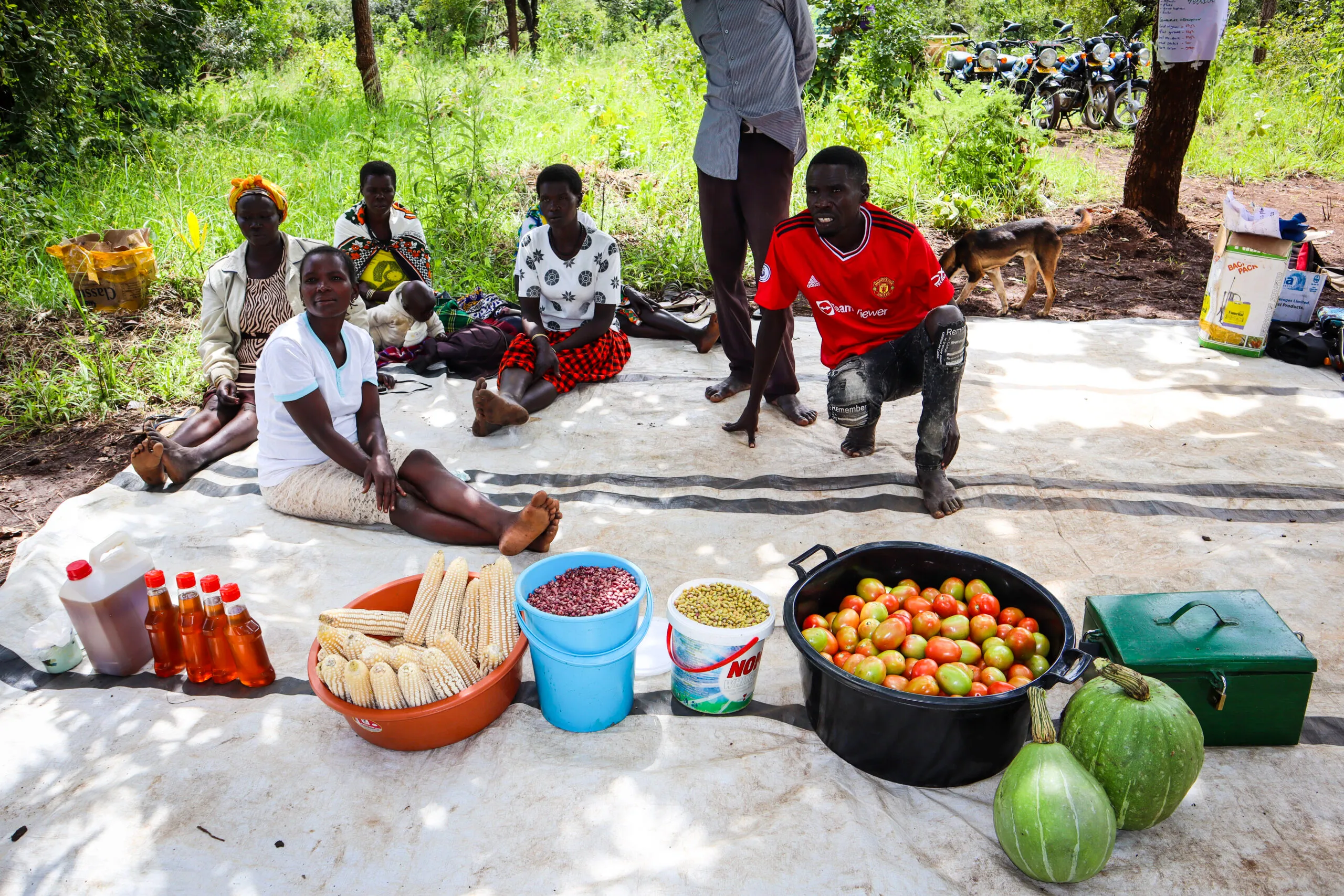
- [email protected]
- Millennium Plaza, First Floor Unit 24 - Plot 69/71 Spring Road Bugolobi Kampala - Uganda

At Andre Foods International, we are committed to creating sustainable solutions that fight hunger, reduce poverty, and transform lives. Our work is rooted in the belief that every person deserves access to nutritious food, opportunities for growth, and the ability to live with dignity. We focus on both immediate humanitarian response and long-term development, ensuring that vulnerable communities and refugees are not only supported but also empowered to thrive.
AFI is devoted to using community-based sustainable models to promote food literacy, best WASH practices, and elevated income, which translates into the development and reduction of malnutrition.